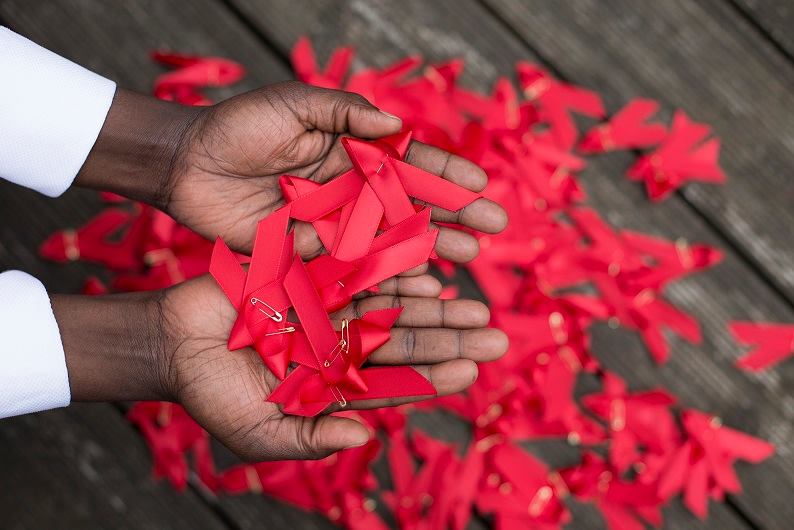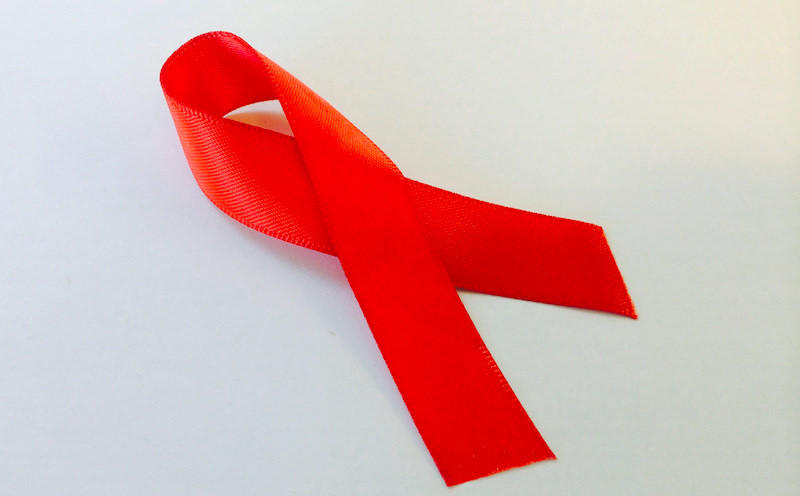Singapore was rocked by a monumentally disturbing announcement yesterday — someone managed to procure the medical information of HIV-positive individuals from the Ministry of Health (MOH) database and leaked the confidential data of 14,200 people online.
Mikhy Farerra-Brochez — a 33-year-old American national who was convicted here in 2017 for fraud and possession of drugs — is behind the leak. The conman was deported last year, but he took with him the confidential medical information retrieved with the help from his boyfriend, a Singaporean doctor. The doctor boyfriend, 36-year-old Ler Teck Siang, had access to the HIV registry during his time as MOH’s National Public Health Unit from March 2012 to May 2013.
While the authorities are attempting to stop the leak and track down Farerra-Brochez, the pain and shock linger here for the 5,400 Singaporeans and Permanent Residents who had their personal information compromised. The affected victims who’ve managed to keep their diagnosis a secret will now live in fear of prejudice and discrimination from their own friends and family, thanks to the social stigma attached to HIV.
Shock, despair, and helplessness
As an HIV researcher with experience in prestigious local academic institutes such as such as the National University of Singapore and Singapore Management University, Rayner Tan would be highly familiar with the topic. Most importantly, he knows the ramifications that will arrive with the leak. In a Facebook post written early this morning, Tan provides some insights into the nature of the affliction in 2019, and how the system in Singapore can be improved to help protect citizens living with HIV.
His post should be read in full here, but here are some highlights from Tan’s enlightening, study-backed essay.
No longer a death sentence
“HIV is a chronic disease and no longer a death sentence; people living with HIV and who are on effective treatment can expect to have a life expectancy similar to that of a non-HIV-positive individual, though discrepancies may remain based on gender, race, and other factors that predispose an individual to disadvantages in healthcare access.”
Public health, not a moral issue
“HIV is of public health significance and should not be moralized. HIV does not discriminate – those affected are our husbands, wives, partners, children, friends, colleagues, loved ones. Stigma kills – studies have shown that the internalization or anticipation of stigma and discrimination among people living with HIV may lead to late diagnosis of HIV, poor adherence to medication, and poor mental health outcomes including maladaptive coping mechanisms such as drug use – these have implications for the onward transmission of HIV as well because effective treatment is a means of prevention (Treatment as prevention, or TasP)!”
A vulnerable population made more vulnerable
“This case is a very timely opportunity to review the legal frameworks in Singapore that have the potential to protect people living with HIV. While the data may not be entirely retrievable and we can’t reverse the damage that has been done, those who are living with HIV are now placed at an even more vulnerable position than before.
With this data out in the open, people living with HIV can no longer be promised the (limited) protection of identities offered by the Infectious Disease Act in Singapore. Research has shown that many HIV-positive individuals may choose not to disclose their status to others so as to retain ‘normal’ identities that allow them to keep their jobs, or maintain their relationships with friends, family, or co-workers; just the mere thought of how this data leak may threaten the stability of such relationships may destabilize these support networks that are essential for maintaining a good quality of life among those living with HIV.
The biggest TRAGEDY in this whole incident is that the aggrieved cannot speak for themselves – because of the fear of disclosure of their own HIV status, and the overwhelming stigma that is associated with being an HIV-positive person. This may in fact drive people living with HIV deeper into a shroud of guilt and shame surrounding their HIV status.”
Support groups

In the meantime, local LGBT groups and non-profit organizations are offering their support for those affected by the data leak. The likes of Pink Dot, Oogachaga, Action For AIDS, Women on Wednesdays, and more have their counseling services open for the victims to speak to.
“Action for AIDS is deeply troubled by this incident that has the potential of damaging the lives of persons living with HIV and their loved ones,” wrote the local organization of AIDS/HIV experts in a statement.
“We stand with all whose private information may have been accessed and violated. This is a criminal act that should be condemned and answered in the most severe terms possible.”





Reader Interactions